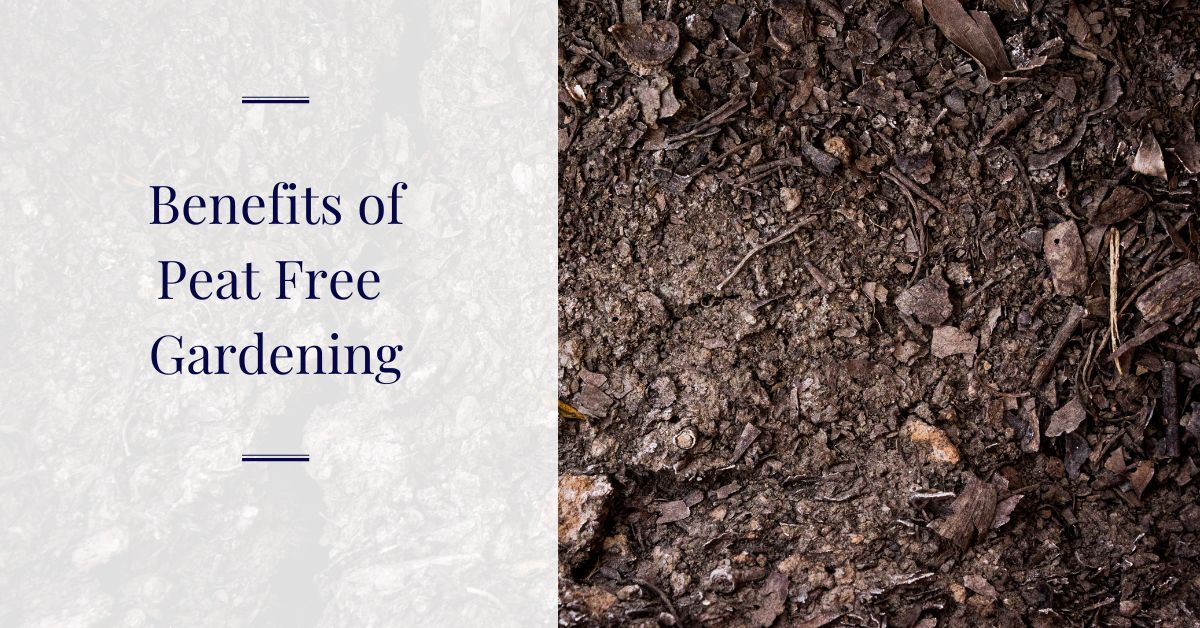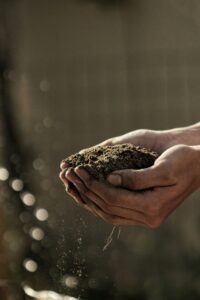
Why chose Peat Free Gardening?
Peat free composts are now readily available and more sustainable than those containing peat. By going peat free you are helping to conserve precious peat bog habitats and help tackle climate change. Therefore peat free gardening is great for the environment!
Benefits of Peat Free Gardening:
Preserving peatlands is vital for supporting biodiversity. These habitats are important carbon stores, therefore using them for peat extraction releases carbon dioxide contributing to climate change. Peatlands soak up excess rainfall helping to prevent flooding in some areas.
This year (2024) the UK government are committed to banning the use of peat in retail bagged compost and are committed to banning its use in professional horticulture by 2026.
How to choose Peat Free Compost:
To ensure your compost is peat free and sustainable look for the Responsible Sourcing Scheme traffic light system on your compost bags. This rates the components of the compost based on seven environmental criteria.
Our top tips to buying peat free:
- If the bag doesn’t say peat-free, then it probably isn’t.
- Words such as ‘environmentally friendly’ and ‘organic’ may lead you to think a product is peat-free, but this doesn’t mean that it is
- Most good quality peat-free composts are a more expensive – the price tends to reflect the quality of the ingredients.
When buying plants, you may also wish to consider choosing plants that have been grown peat-free Check out the RHS list of peat-free nurseries to help you source more sustainably grown plants that have been raised 100% peat-free..

Main ingredients of peat-free compost
Peat-free potting composts contain blends of various organic (plant-derived) materials – such as composted bark, coir, wood fibre and green compost sometimes it is mixed with inorganic materials such as grit, sharp sand, rock wool and perlite. All these have their own physical, chemical and biological properties therefore it is worth testing a few different mixes to find one that suits your garden and plants best.
The most commonly used organic ingredients are:
- Wood fibres
- Coir or coconut fibre
- Wood bark
- Green compost
Contacts Us:
Blue Iris Landscapes have over 25 years of landscaping and horticultural experience therefore you can assure you’re getting a quality service. Email us at info@blueirislandscapes.co.uk or call our office on 01782396168.
Why not visit our Facebook page to stay up to date with all of our latest news!
